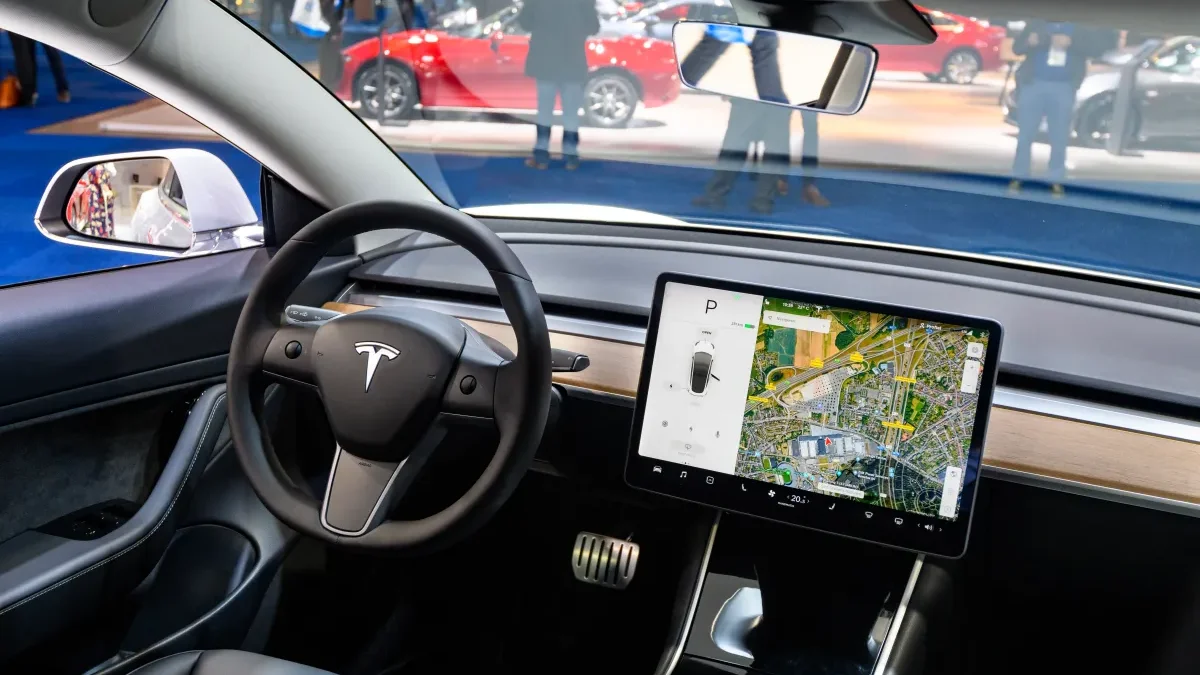Necessary Always Active
Necessary cookies are required to enable the basic features of this site, such as providing secure log-in or adjusting your consent preferences. These cookies do not store any personally identifiable data.
|
||||||
|
||||||
|
||||||
|

The US National Highway Traffic Safety Administration (NHTSA) has launched new investigations on Tesla’s supervised version of Full Self-Driving (FSD) software.
TechCrunch reported that Tesla faces NHTSA investigation after a driver who was using the FSD software hit and killed a pedestrian. The probe has also been triggered by other FSD-related collisions that occurred in low-visibility situations.
On October 18, 2024, the Office of Defects Investigation within NHTSA said it was probing Tesla’s FSD system to understand its detection and response capabilities in varying visibility conditions including glaring sun, fog, and airborne dust. The new NHTSA investigation will also involve checking whether there are other unreported crashes that occurred under these conditions.
“The purpose of the new probe would be to assess the ability of FSD’s engineering controls to detect and respond appropriately to reduced roadway visibility conditions; whether any other similar FSD crashes have occurred in reduced roadway visibility conditions and, if so, the contributing circumstances for those crashes, among other things,” the NHTSA said on its website.
The new US regulator probe will also focus on Tesla’s software updates on its FSD systems to understand the “timing, purpose, and capabilities of any such updates, as well as Tesla’s assessment of their safety impact.”
Tesla’s FSD software faces a number of legal threats. In California, the Motor Vehicles Department has accused the automaker of inflating the capabilities of its software. The US Department of Justice has already commenced investigations into Tesla’s claims about its driver-assistance features.
Earlier this year, the NHTSA closed a probe into Tesla’s less-capable driver assistance software, Autopilot. The probe ran for close to three years and involved investigating about 500 crashes. Following the probe, the regulator found that 13 crashes were fatal. Tesla is still battling multiple lawsuits resulting from Autopilot crashes. One of the most high-profile cases that was set to go to trial was settled earlier this year.
The latest Tesla FSD collusion probe will focus on four crashes that happened when the supervised version of Tesla’s driver assistance software was active. The crashes occurred between November 2023 and May 2024.
Although Tesla’s FSD has been gaining traction among ride-hailing cars like Uber and Lyft Robotaxis, many drivers say the software has limitations. This raises safety concerns for both drivers and passengers.
The US Vehicle Safety Regulator monitors collisions that involve the use of advanced driver assistance systems like the FSD and Autopilot. By October 1, 2024, the regulator had tracked 1,399 instances where Tesla’s FSD software had been active within 30 seconds of the accident. 31 of these collisions were fatal.
NHTSA has classified the new Tesla prone as a preliminary evaluation, which could take 8 months or more. The US regulator probe on Tesla will involve about 2.4 million EVs on US roads. These include Model S and X Tesla vehicles manufactured between 2016 and 2024, as well as Model 3 produced between 2017 and 2024.
The evaluation also extends to Model Y vehicles manufactured between 2020 and 2024, and Cyber Trucks that the company made in 2023 and 2024.
Tesla’s self-driving software investigation comes about a week after the giant autonomous vehicle manufacturer held its We Robot event. CEO, Elon Musk unveiled prototypes of Tesla’s Robotaxi and Robovan during the event. Musk also said that Tesla’s Model 3 and Model Y vehicles would start operating in Texas and California without supervision.
Tesla plans to launch its advanced Full Self-Driving driver assistance software in Europe and China. Tesla’s Europe plan is currently awaiting regulatory approval. Chinese authorities tentatively approved the launch of Tesla’s FSD technology in the country in April this year. Tesla tested the technology in Shanghai, China with 10 vehicles In June 2024, paving the way for the company to roll out FSD in the country.